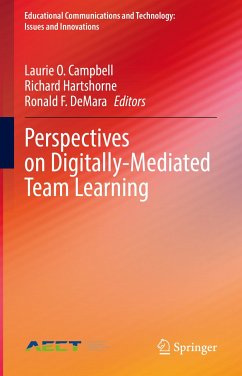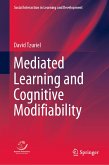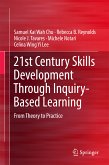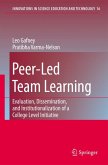The purpose of the book includes expanding the learning science research base regarding how learning principles and strategies, including structured, collaborative, active, contextual, and engaging instructional settings, can support foundational STEM instruction and improve student interest and achievement. The chapters are classified into three categories: (a) empirical studies exploring the manner in which technology-enabled pedagogical principles and practices facilitate student interest in STEM courses, (b) exploration of logistical factors associated with revisioning STEM education and (c) theoretical underpinnings and literature review of digitally-mediated team learning.
The book showcases full-length manuscripts advancing transformative approaches for technology-enhanced team learning within STEM disciplines. Contributions have been sought from interdisciplinary researchers, developers, and educators who engage in the research, development, and practice of adaptable digital environments for highly-effective, rewarding, and scalable team-based and collaborative learning. These include such topics as real-time tools for teams in classroom settings; learning analytics; effective technology-enabled pedagogies; and technology-enabled, collaborative, pedagogical approaches to broaden participation in STEM disciplines.
Promising approaches and technologies to advance digitally-mediated team and collaborative learning are explored including learning analytics to form effective learning teams. Further, innovative cyber-assisted observation approaches for diagnostic/assessment observation and interaction with student teams, educational data mining of large volumes of collected data, and leveraging.
The book will be of interest to Higher Education Faculty in STEM, Learning Scientist, and K-12 educators and learning coaches.
Dieser Download kann aus rechtlichen Gründen nur mit Rechnungsadresse in A, B, BG, CY, CZ, D, DK, EW, E, FIN, F, GR, HR, H, IRL, I, LT, L, LR, M, NL, PL, P, R, S, SLO, SK ausgeliefert werden.









